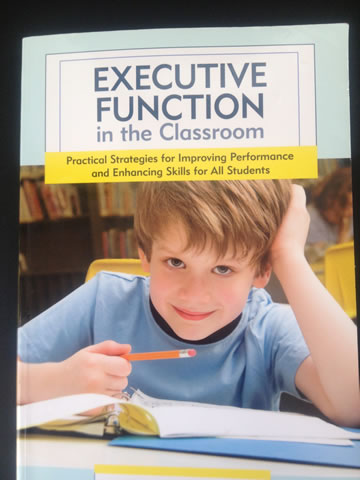References and Resources
Bodrova, E. & Leong, D. J. (2007). Tools of the mind: the Vygotskian approach to early childhood education (2nd ed.). Columbus, OH: Merrill/Prentice Hall.
Diamond, A. (2010). Ways to improve executive function.
Galinsky, E. (2010). Mind in the making: the seven essential life skills every child needs. New York: HarperCollins.
Hillman, C., Erickson, K., & Kramer, A. (April, 2011). Be smart: Exercise effects on brain and cognition. Science and Society
Kaufman, C. (2010). Executive function in the classroom: Practical strategies for improving performance and enhancing skills for all students. Baltimore: Paul H. Brookes Publishing.
Meltzer, L. (2010). What works for special –needs learners: Promoting executive function in the classroom. New York: Guilford Press 2010.
Ripley, A. (2014). The smartest kids in the world. New York: Simon & Schuster.
Quade, L. (April, 2011). Executive function and the Montessori classroom. The Montessori Method.
Tough, P. (2012). How children succeed. New York: Houghton Mifflin.
What all teachers need to know: the role of executive function processes in the classroom. (teachingtodayandsharing.global2.vic.edu.au)
